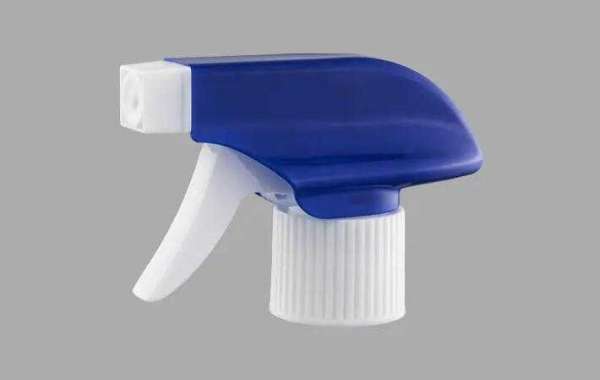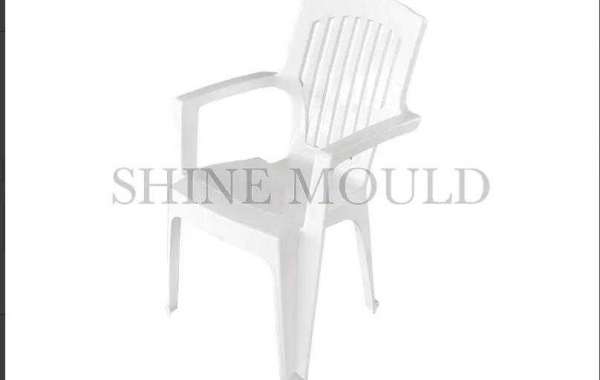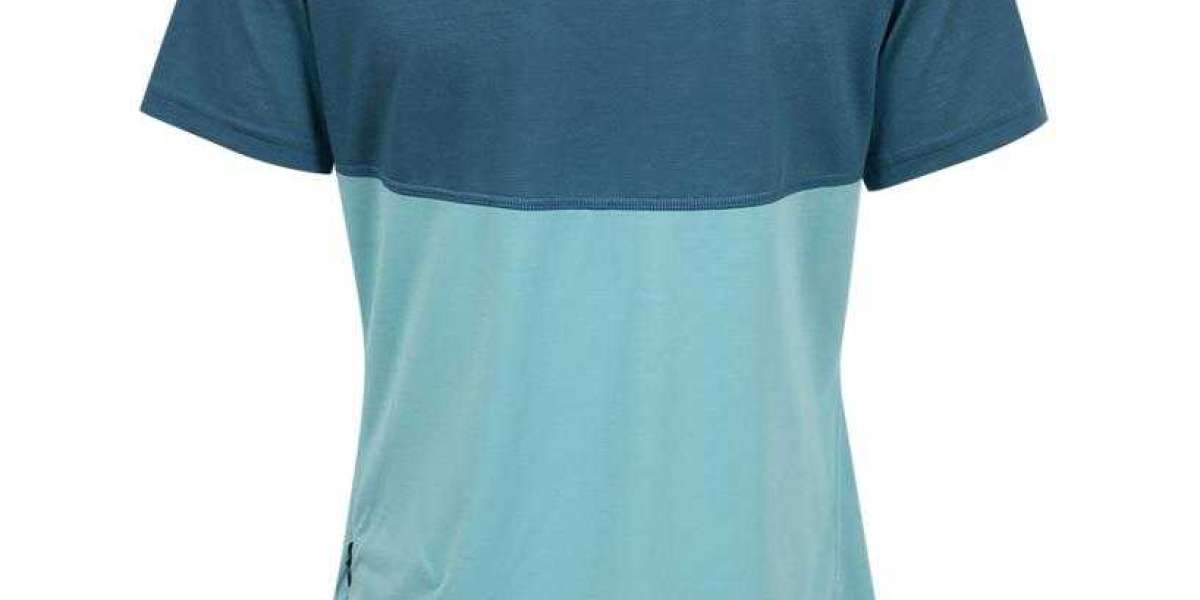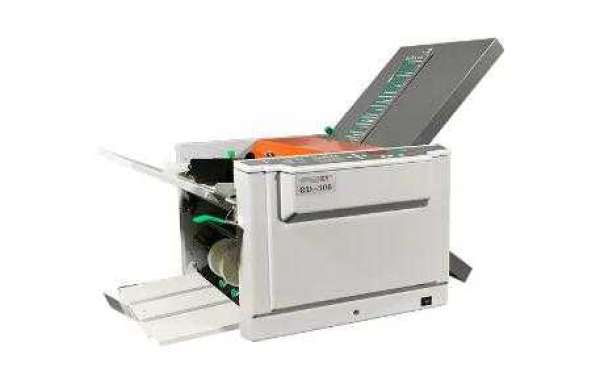We are living in interesting times - that is obvious. The COVID-19 Pandemic has changed many aspects of our daily lives. From masks, hand sanitizer and social distancing - it's easy to see that we do things differently these days. Another impact that the pandemic has had is on the polypropylene and polyethylene supply chain. Many of the COVID-19 related personal protective equipment (PPE) products rely heavily on these resins and the spike in these products combined with fewer workers has contributed to the Cosmetic Cream Jar shortage.
Another, contributor to the shortage was a recent storm that hit Texas (the nation's top polypropylene/polyethylene producer). It left an already depleted supply even more so, pushing production back even further. Most producers will be playing catch-up for months to come.
What does this mean for packaging?
Many rigid packaging components such as plastic caps, plastic jars and bottles are made from PP/PE. The shortage has caused major suppliers to deal with longer production lead times and price increases.
When will the manufacturers get caught up?
Nobody knows for sure. Suppliers and manufacturers are working hard to keep up with demand but it's likely that the shortages will last until the second quarter of 2021.
What is Polypropylene?
Polypropylene (PP) is a thermoplastic which is a polymer that can be molded at a certain temperature and solidified once cooled. Polypropylene is used in many different ways. Some common uses include consumer product packaging (plastic jars), toys, car dashboards, medical syringes, and many others.
When did it all start?
Polypropylene was first produced by G. Natta by the polymerization of propylene monomer in 1954.
What's so great about PP?
PP is best known for its fatigue resistance, chemical resistance and environmental stress cracking resistance. It is extremely durable and resistant to higher temperatures.
PP is typically inexpensive and readily available.
PP has good impact strength
PP is resistant to chemical absorption
Polypropylene Fun Facts
Resin identification code is 5.
Melting temperature is 130° C (266° F).
Polypropylene is synthetic which means it doesn't naturally occur in nature.
PP is considered one of the safest plastics on the market today.
PP is FDA-approved for food contact.
Because of its heat-tolerance, most PP containers can be heated in a microwave or cleaned in a dishwasher
PP is BPA-free
We are a Plastic Press Cap, offer all kinds of cosmetic packaging, please consult us if you have any questions.








